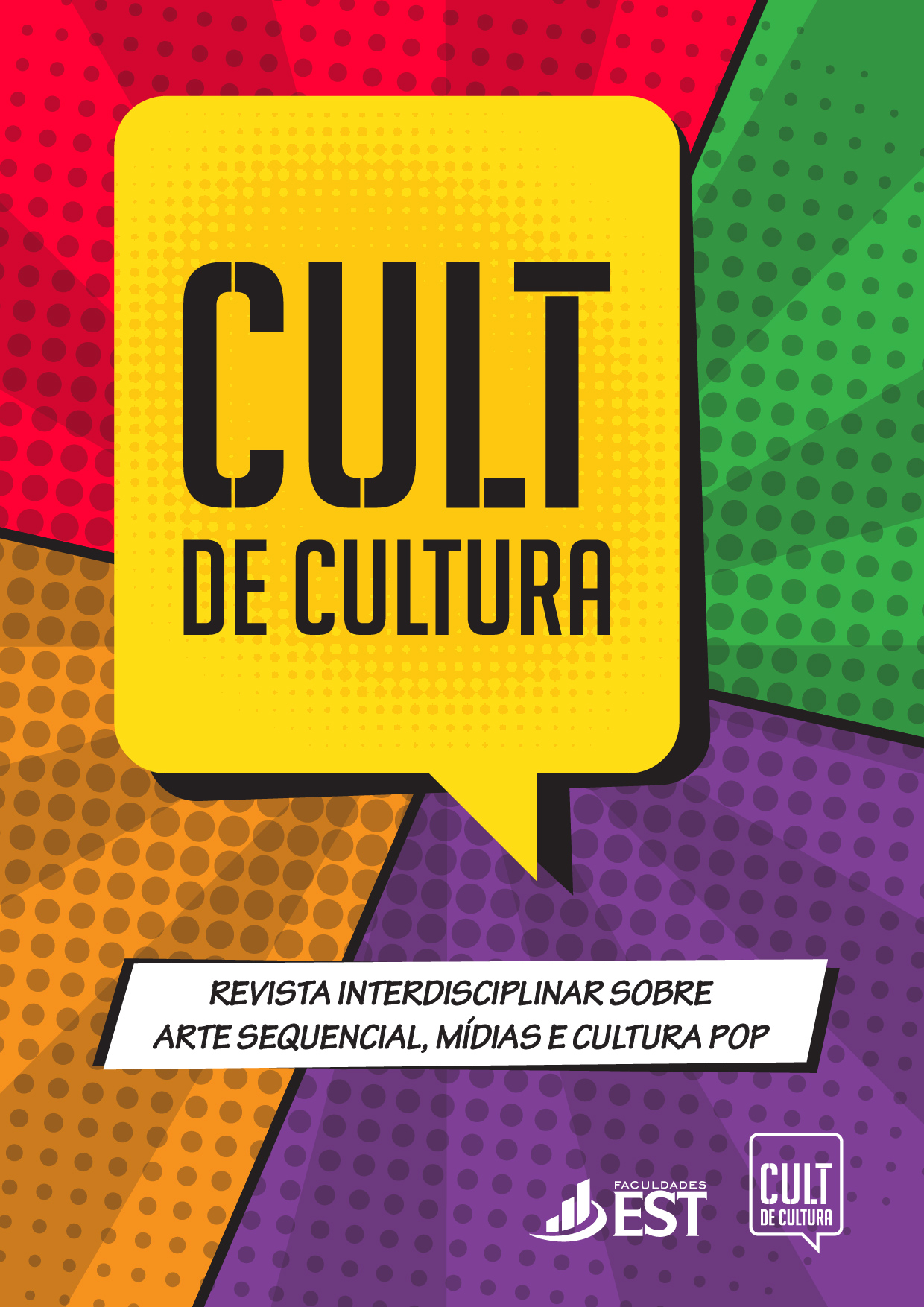Questionings about the ideal of objectivity and universality
feminist theology and hermeneutics in Rubem Alves
Keywords:
objectivity, hermeneutics, imagination, feminist theologyAbstract
The general theme of this article is the issue of the ideal of objectivity and universality in the production of academic knowledge. The objective is to analyze the context in which this ideal is constructed, both in the scientific and theological fields, as well as its implications for power relations among knowledge producers and between these producers and those considered laypersons. To this end, the hermeneutical method and comparative bibliography are employed, drawing on Rubem Alves’ perspective on the role of imagination in the formation of human consciousness and on feminist hermeneutics. It was thus found that it is not possible to guarantee objectivity in the construction of any knowledge, since all reflection, whether scientific or theological, arises from the contextual experiences of the researching subject. Moreover, discourses presented as universal, as well as the imposition of an objectivist way of thinking, reinforce exclusionary power relations. The conclusion is that imagination is a constitutive part of the human being and that the best way to approach objectivity in the construction of knowledge is by acknowledging the influence of subjectivity and the contexts from which such construction originates.
References
ALVES, Rubem. A Ciranda dos Deuses: entre universidade e povo. In: O Suspiro dos Oprimidos. São Paulo: Edições Paulinas, 1984
ALVES, Rubem. A Gestação do Futuro. 2. ed. Campinas: Papirus, 1987ª
ALVES, Rubem. Da Esperança. Campinas: Papirus, 1987b
ALVES, Rubem. O Enigma da Religião. 6. ed. Campinas: Papirus, 2007.
ALVES, Rubem. Sobre a espiritualidade. Tempo e Presença. Rio de Janeiro, n. 207, abril, 1986.
ALVES, Rubem. Sobre o Absoluto e o Provisório, a verdade e as incertezas, a ciência e a bondade. In: MESQUITA, Jorge (ed.). Fé Cristã e Ideologia. Piracicaba: Editora da UNIMEP e Imprensa Metodista, 1981. p. 9-27.
CONTI, Cristina. Hermenêutica feminista. Alternativas, Nicaragua, No 11-12, 1998.
BRUSEKE, Franz Josef, Caos e Ordem na Teoria Sociológica. Revista de Ciências Sociais, Fortaleza, V. XXII, N° 1 e 2, p. 39-67, 1991.
DAMIANO, Gilberto, Racionalidade sem fronteiras: arqueogenealogia em Rubem Alves. In: NUNES, Antônio Vidal (org.). O que eles pensam de Rubem Alves, e de seu humanismo na religião, na educação e na poesia. Caldas: Paulus, 2007. p. 53-81.
DEIFELT, Wanda. Da cruz à árvore da vida: epistemologia, violência e sexualidade. In: NEUENFELDT, Elaine; BERGESCH, Karen; PARLOW, Mara (org.). Epistemologia, violência e sexualidade: Olhares do II Congresso Latino-Americano de Gênero e Religião. São Leopoldo: EST/Sinodal, 2015. p. 13-30.
GEBARA, Ivone. As epistemologias teológicas e suas conseqüências. In: NEUENFELDT, Elaine; BERGESCH, Karen; PARLOW, Mara (org.). Epistemologia, violência e sexualidade: Olhares do II Congresso Latino-Americano de Gênero e Religião. São Leopoldo: EST/Sinodal, 2015. p. 31-50.
GEERTZ, Clifford, A Interpretação das Culturas. Rio de Janeiro: LTC-GEN, 1989.
HARAWAY, Donna. Saberes localizados: a questão da ciência para o feminismo e o privilégio da perspectiva parcial. Cadernos Pagu, No. 5, p. 7-41, 1995. [SO 34-2/11/5 PER]
REBLIN, Iuri Andréas. Outros cheiros, outros sabores... o pensamento teológico de Rubem Alves. São Leopoldo: Oikos, 2009.
Downloads
Published
How to Cite
Issue
Section
License
Copyright (c) 2025 Carolina Bitencourt da Costa

This work is licensed under a Creative Commons Attribution-NonCommercial-NoDerivatives 4.0 International License.





